- Home
- slideshows
- miscellaneous
- Tesla isn't the next Theranos - here are 10 reasons why
Tesla isn't the next Theranos - here are 10 reasons why
1. Nobody understood Theranos' product.

2. Theranos never went public.
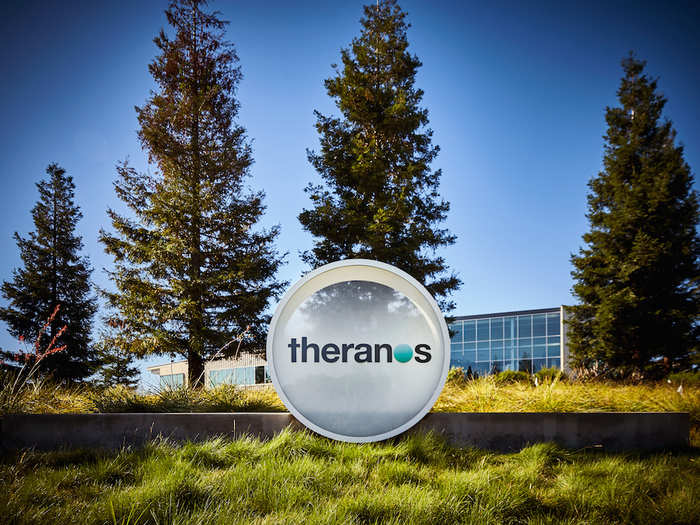
Tesla staged an IPO in 2010 and for nine of its 15 years in business has been compelled by law to expose its financials four times a year.
Theranos was founded in 2003 and had no legal obligation to report its financials until it collapsed in 2018.
An IPO isn't a perfect mechanism to open up a company to scrutiny. But investors have been able to analyze Tesla's balance sheet and financials for almost a decade.
3. Theranos was the only thing Holmes had ever done.
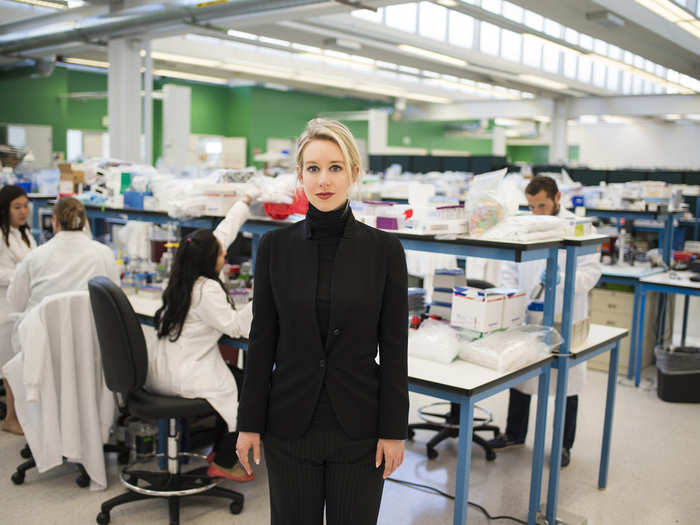
Holmes dropped out of Stanford to start Theranos when she was 19. She had no background in business nor startups.
Musk sold his first company in 1999 and parlayed that success into another company that would eventually become PayPal. He then sank all his money into Tesla and SpaceX.
Consequently, Musk knew that a real product was going to be critical to Tesla's survival.
4. Theranos' entire business model was about competing on price.
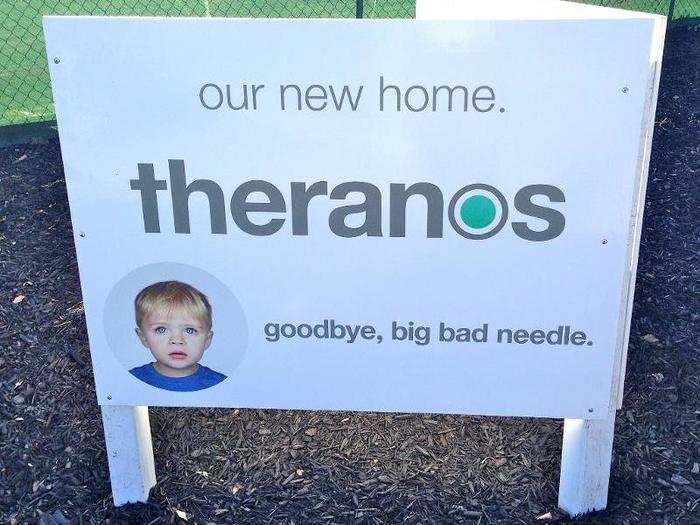
Holmes talked a good game about empowering the individual to control their own health, but Theranos' entire business plan was essentially to make blood testing faster and cheaper. Its competition was the established blood-testing industry.
Tesla hasn't until recently tried to compete on price at all. The company makes expensive, luxury electric cars and has established its core business with that segment. With the Model 3, it's ventured toward a mass-market vehicle, but thus far it has done better selling relatively costly versions of the car.
5. Markets couldn't hold Holmes accountable for failures.
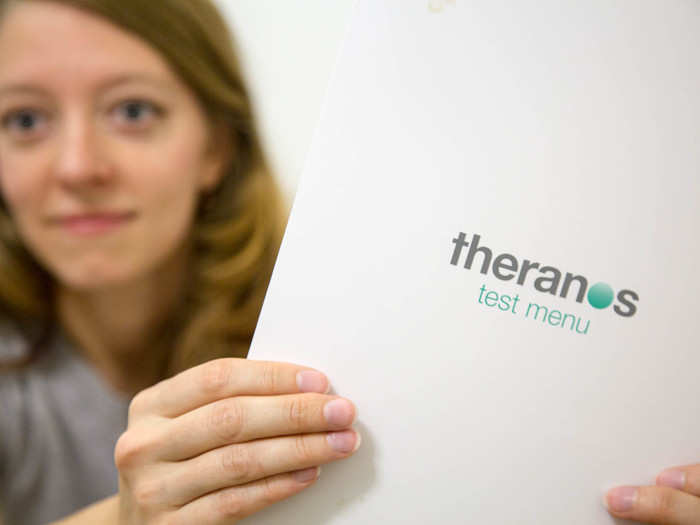
Theranos spent its entire existence taking investments, "growing," and spending money on its operations. The markets never really got the chance to properly value the company based on any sort of traditional business metrics.
Tesla's market value — which topped $50 billion at one point — is entirely debatable, and the company has posted a profit in just three quarters since it went public in 2010. But Tesla's transparency about its (at times staggering) losses and its well-documented difficulties achieving "normal" levels of production have given market participants and observers literally years to draw conclusions about the company.
Skeptics don't have to buy in — or investors can sell their shares if they're either happy with their return or unhappy with Tesla's prospects. Enthusiasts can buy whatever shares they want, or purchase the company's products.
Tesla simply provides many more ways to assess its failures — and successes — than Theranos.
6. Holmes didn't have to worry about consumers — but Tesla has to.
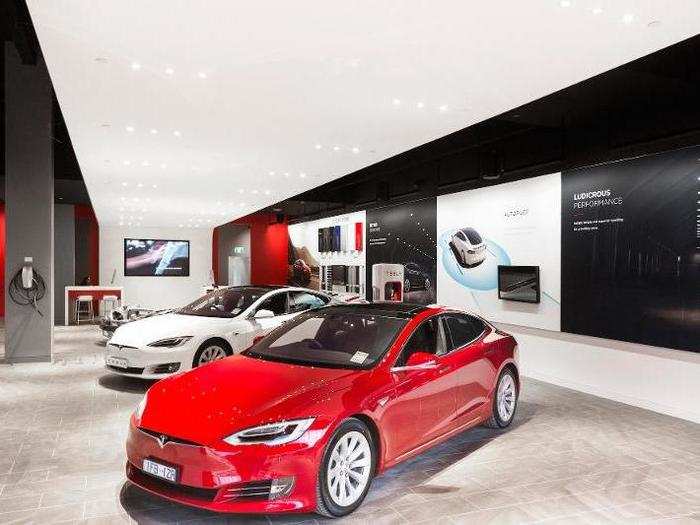
Cars are ultimately consumer products. You buy one, usually borrowing a lot of money in the process, and you drive it around. Most folks can keeps daily tabs on this arrangement.
Theranos' aimed to make its testing more consumer-accessible but never got there, despite Holmes' goal of individual empowerment. She didn't have to worry about consumers and their daily relationships with Theranos' products. As it turns out, it was Theranos clients such as Walgreens that bailed out once the heat was turned up on Holmes.
7. Theranos wasn't even a business until just before it went bust — but Tesla has been a business since the beginning.
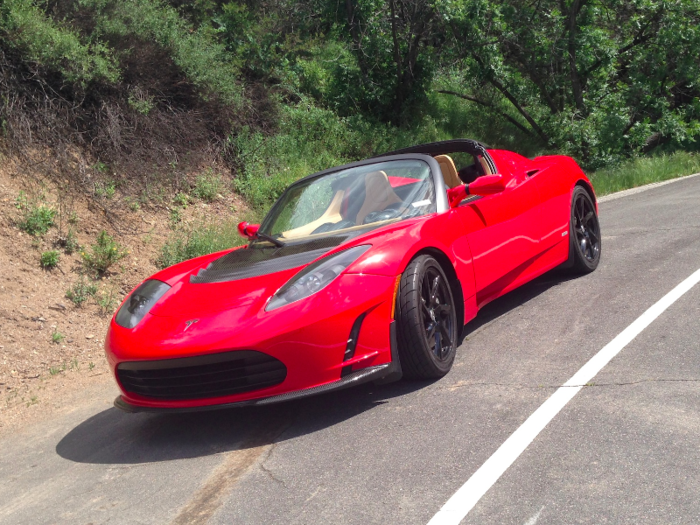
Tesla was a teeny business when it started out, selling one vehicle, the original Roadster, in the thousands. But at least it was selling something. Later, Tesla bought a factory and manufactured an original design, the Model S sedan, and sold that. Build car, sell car — the basic operation of the auto industry.
Theranos was one of those companies that existed in a sort of secretive limbo for over a decade. The method by which it would vindicate the investments that elevated its valuation showed up only briefly, and as we now understand, was bogus.
Tesla, by contrast, has always been something of a business, with the pace picking up dramatically in the past year as improving sales by 100% has brought in serious levels of revenue.
8. Holmes claimed to be solving a vague problem.
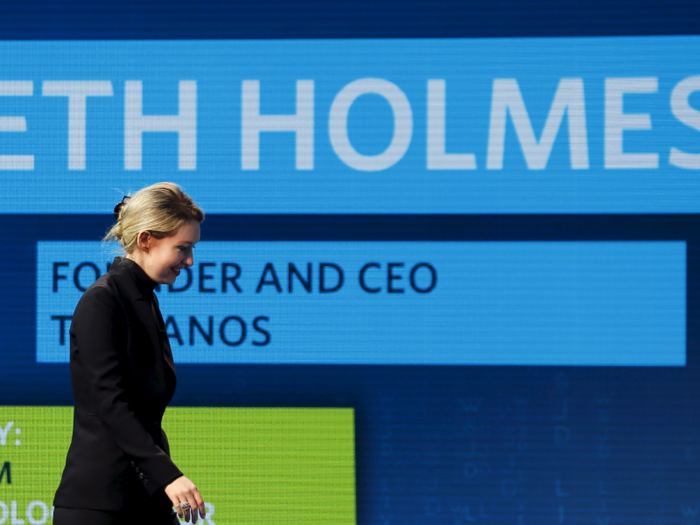
Holmes wanted people to live healthier lives — or so she claimed — and thought that streamlining diagnostics and testing while lowering costs was the ticket. But living healthier or pursuing greater wellness is a broad, vague objective. You can be healthy by making good choices, by exercising regularly, by avoiding health risks, by reducing stress — the list goes on and on.
Theranos' kinda-sorta business didn't really solve that vague problem — instead, Holmes sought to get the brand and the marketplace, apparently on the assumption that the questionable technology would come around.
Musk is also attacking a big, broad problem — global warming — but Tesla is doing it in a logical, specific way: replacing vehicles that have tailpipe emissions with vehicles that don't.
9. Tesla's results weigh thousands of pounds and can be easily evaluated.
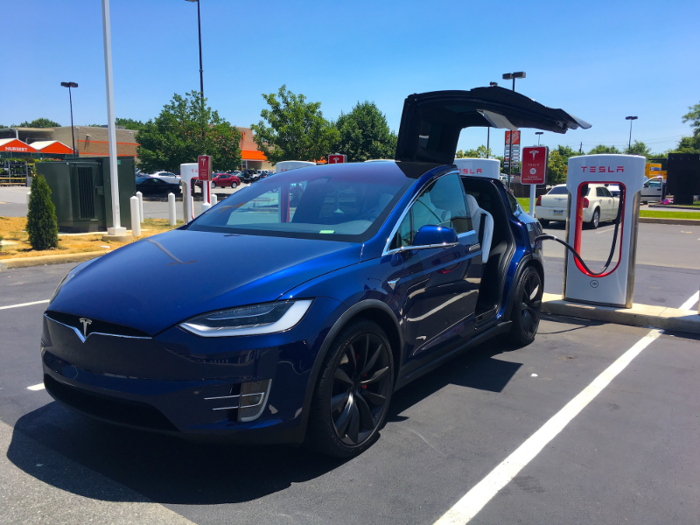
Theranos flopped once it became obvious that its technology proposition was false. But it was difficult to figure out along the way if the promises that Holmes was making were legit.
It isn't difficult at all to figure out if Tesla makes a valid automobile. You can buy one. If you don't like it, you can give it back — or sell it to someone who's more enthusiastic than you are.
10. There isn't much heavy science in Tesla.
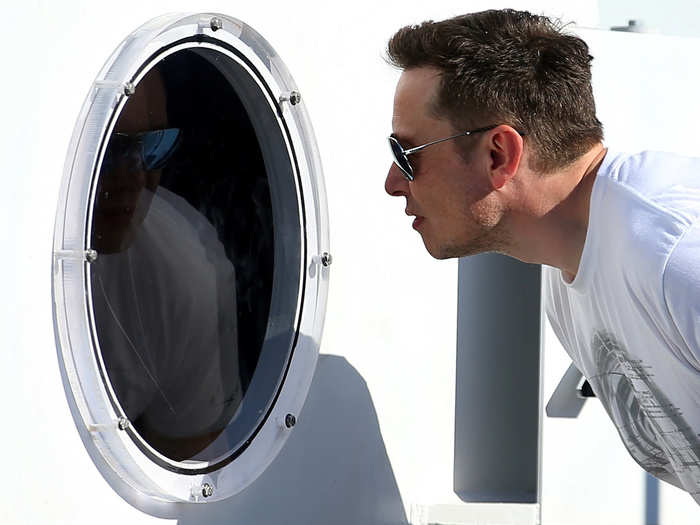
Manufacturing an electric car isn't that much different from making a gas-powered one. Sure, the propulsion systems aren't the same, and it takes much longer to "refuel" an electric car by recharging than it does to pump 15 gallons of gas into a traditional automobile.
But the basic engineering of an EV is well understood and has been around for a century: batteries, motors. Tesla has added a lot of software, overcoming some of the electric car's limitations. For another carmaker to duplicated Tesla's efforts, however, is trivially simple. General Motors brought a long-range EV — the Chevy Bolt — to market in about a year and half.
Theranos claimed it was commercializing cutting-edge research that would revolutionize the accepted science of medical testing. That science was intricate, and as it turned out, challenging for actual scientists and physicians to figure out. But that confusion could generate a smokescreen, a fog of hard-to-comprehend concepts.
To be sure, Musk at times tosses out engineering concepts that could confuse the untutored. But the auto industry has been doing the same thing for so long that it's easy to determine if he has a point or is simply engaged in distraction.
Popular Right Now
Popular Keywords
Advertisement